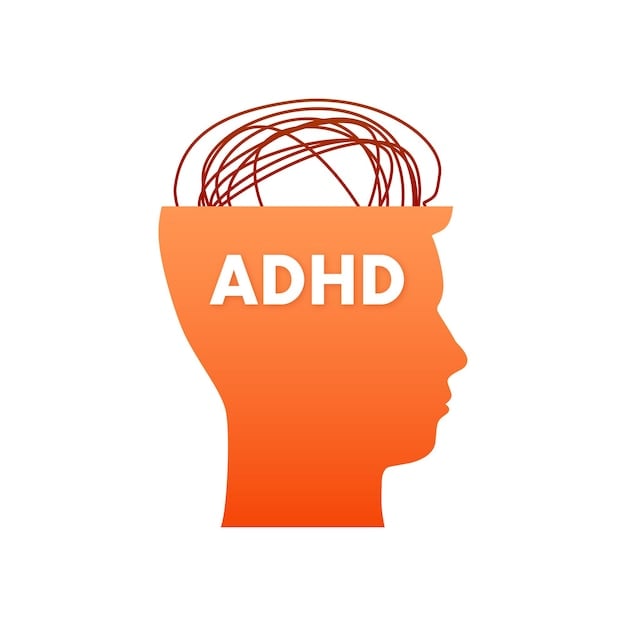I’ve experienced burnout throughout work and education since I was sixteen. Usually around once every 12-18 months. I’ve accrued a lot of associated trauma.
For context, burnout for me is extreme depression and executive dysfunction lasting for months at a time to the extent I stop all work and social activities.
That doesn’t sound like burnout. That sounds like cyclical depression or maybe even bipolar disorder.
You should discuss this with your doctor. There are a lot of things that could be driving this and while it might be job related, it doesn’t sound like it’s specific to one job.
Most people aren’t exactly excited to go to work. Finding something you are passionate about might help a bit but it’s not always viable. Better to find a way to reframe work in a positive light or find a career where you are helping someone or teaching someone. I work in Healthcare and while it can be stressful long hours it’s rewarding when you help someone or I have a student that I can teach.
I think if other options are exhausted you might benefit from medication to help with the extremes you’re describing. Although that’s of course a discussion you should have with your doctor.
My only chance has been remote work. In my case, I work as a freelancer. I’m quite functional when I can do everything at home without facing people, and my job pays well enough/I have my life organized so I do not have to work full time.
This setup worked so well for me that I decided to return to university as a grown up just for the shits and giggles. I was well prepared, had no real pressure to be there, was just going to have fun, but got burnout anyway. Peopling is just not for me.
Utopia.
A great example of what people do with determination, when release - or reprieved- from wage slavery .
“Oh look, I’ll go learn something, for the joy of learning”.
Others would volunteer, set up repair cafes, kids sports.
One can dream
I would absolutely LOVE being a science teacher substitute. With enough leisure and freetime, I’d be all about volunteering and teaching.
I am very lucky, and very privileged to be able to do what I do. Living in EU vs US helps, having few expenses and very few needs really helps. Being very reclusive as well, I really had to spend a long time just with my small family and animals to come to terms with how limited my ability to handle other people is. If I ever feel like going out again I’d start setting up a repair café and swap shop, but I will have to limit stuff like this to one day a week probably or will go into burnout again. I mean, even too much online interaction like commenting on Lemmy sets me into some weird frenzy I have to recover from lol
I’ve struggled with freelancing in the past because there’s too much freedom and not enough structure. Now that I’m medicated and in therapy maybe I should give it another try.
Stop working more than 32 hours a week. And do not make exceptions. Make sure, your work/life balance works out for you.
deleted by creator
I agree with the recommendation for talking to the doctor; I’m in a similar position. This might be completely unrelated to your situation, so take it with many grains of salt.
What I’ve been learning is that a lot of my own burnout cycling seems to be cycles of intense and constant masking. I struggle with social situations, following “chronos” time instead of “Kairos” (if you will entertain the misuse of these), and eventually get so buried in obligations and actively resisting my natural impulses that my wants and needs get muddied and untended to and the pain of pretending or entering social modes builds up too much. Being in a mode, “professor mode”, “friend mode”, “colleague mode”, “spouse mode”, they all build up the tension and while I can seem socially adept, if I’m not in a mode I’m pretty useless. My Uber drivers can attest. Sometimes I do need a break from social activities while I break down the mask that builds up. A decalcifying of the brain. My friends seem to understand.
I’m a teaching professor, and I love the work, it has high flexibility but strict accountability, lots of room to experiment and find novelty, but a massive social burden and ridiculous workload. The only thing I’ve found to help so far, besides medication, is doing less. Fewer work obligations meant more time to de-mask, it meant I could take the more time on my tasks that I refused to admit to myself I needed compared to colleagues, more time to do stupid random impulsive (but safe) BS which I’ve found is the most relaxing to me, and that naturally led to meditating, exercising, and eating a bit healthier, which made things feel more manageable.
I don’t know what the long term prospects of this realization are for me, but consider that ADHD usually means that tasks will take longer and more effort than typical people. Admitting to myself that it’s a disability and I don’t need to work twice or three times as hard as other people to make up for it all the time has been really important.
You also mentioned trauma; a lifetime of letting people down without knowing why really turned me into an over-supporter as an adult. Fawning response to stress - feeling the stress build up and instinctively doing whatever you can to help other people at cost of yourself, rather than fighting or running away or freezing up - and then when you’re alone you fight yourself, freeze, or run away from everything. I’ve been told it’s a form of invisible self harm, and it’s nefarious because the goal is to make everyone else see things as all right.
So I don’t know if any of this clicks true for you, and I don’t fully know the solution to these, but awareness of my own issues has helped a lot, and I think awareness and recognition is key to getting started. Years of therapy, meditation, medication, it’s all making progress, but it’s slow, and awareness has been key to any of the positives. For me, it seems like working less and admitting to myself I have a disability, undoing years of traumatic people pleasing at my own expense, and learning to unmask more in social interactions and at home are key, however that path is treaded.
I feel driven to respond after reading your response to BugleFingers (whose response I agree with). It really sucks you are feeling shame about your difficulties with working. I believe a lot (not all) of the difficulties that neurodivergent people have with work isn’t anything to do with them, but about the pressures of living under the tyranny of late-stage capitalism.
I don’t think you not being able to work without burning out is evidence there’s something wrong with you, I think it shows that most people don’t get any kind of support in finding sustainable work. I hope you can find a way to forgive yourself for whatever you feel are your failings around employment because you’ve done nothing wrong.
Apart from what BugleFingers wrote (especially doing work you are interested in), I found self-employment/freelance work to be life changing. I like being my own boss because I can choose when I work and when I don’t (with restrictions, obviously) and have found a way to make it work for me and my family.
It feels important to say it took me time to get to a point where this was financially practical, though. I went through a lot of jobs where I went through a cycle very similar to yours (don’t listen to the person trying to diagnose you with more disorders; you getting depressed from work doesn’t equal another diagnosis). I found my profession by doing jobs that seemed interesting and honing down what I actually liked. I think it’s about balancing out what is important to you (e.g., making money, having nice things, having free time, ext.) with what is necessary (e.g., housing, food, bills, etc.).
I hope you can find a job that works for you, OP. Good luck.
I quit my corporate job after burnout and went through six months of depression. Then I started my own business, contracted back at my old company doing my old job for 4x the pay and it was amazing. No more performance reviews, “quality” meetings, etc. If they wanted to force me to sit in a meeting, I was getting paid by the hour. They couldn’t dictate my hours, so when I needed a break, I took one.
Being in control was what saved me. Never work for others if you can be an independent contractor or entrepreneur.
Thats the fun part, you dont! /s
I’m sorry if I don’t reply to each individual comment. I really appreciate everyone’s contributions. Having to go through them slowly because this whole topic just brings about a lot of shame and upset for me.




